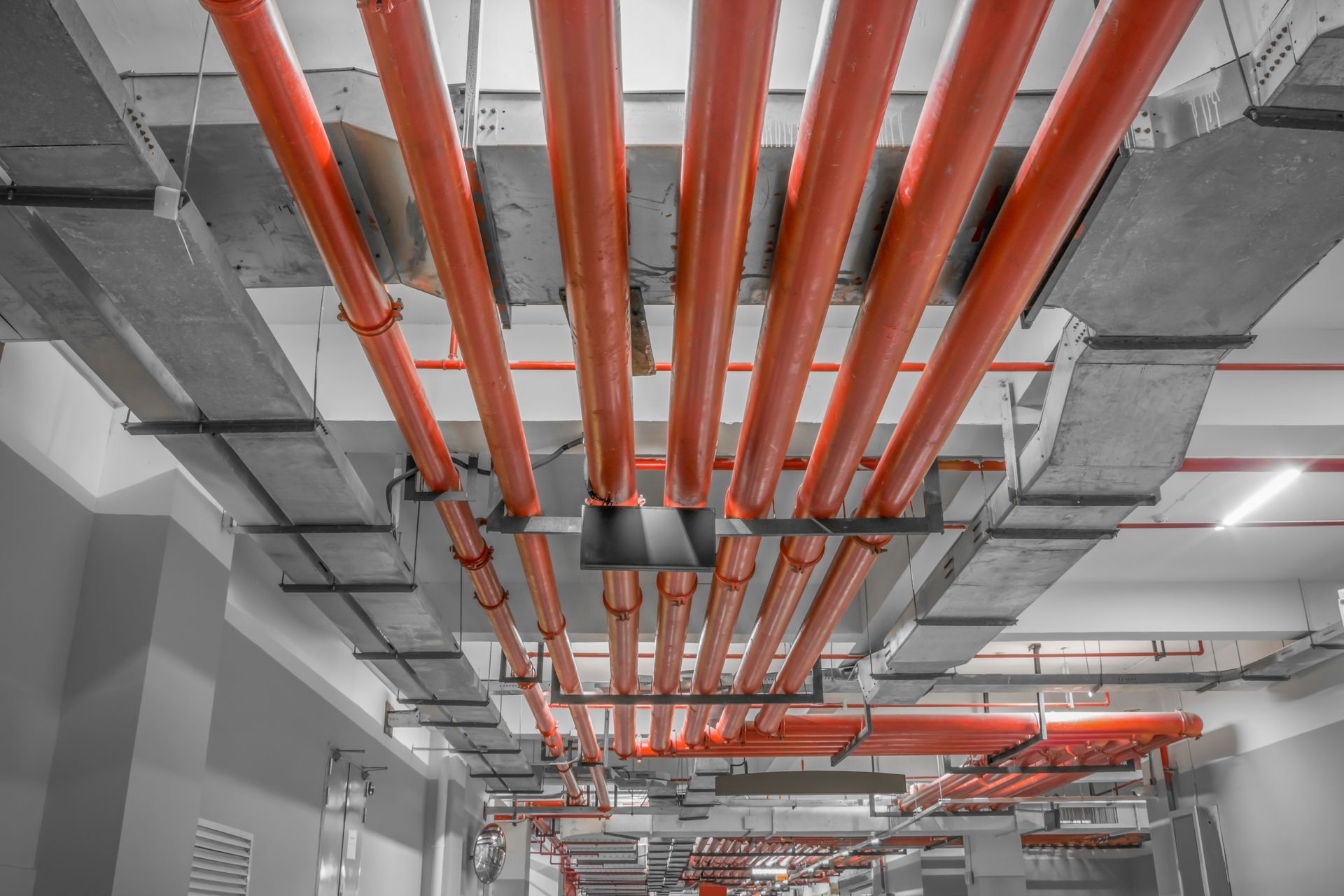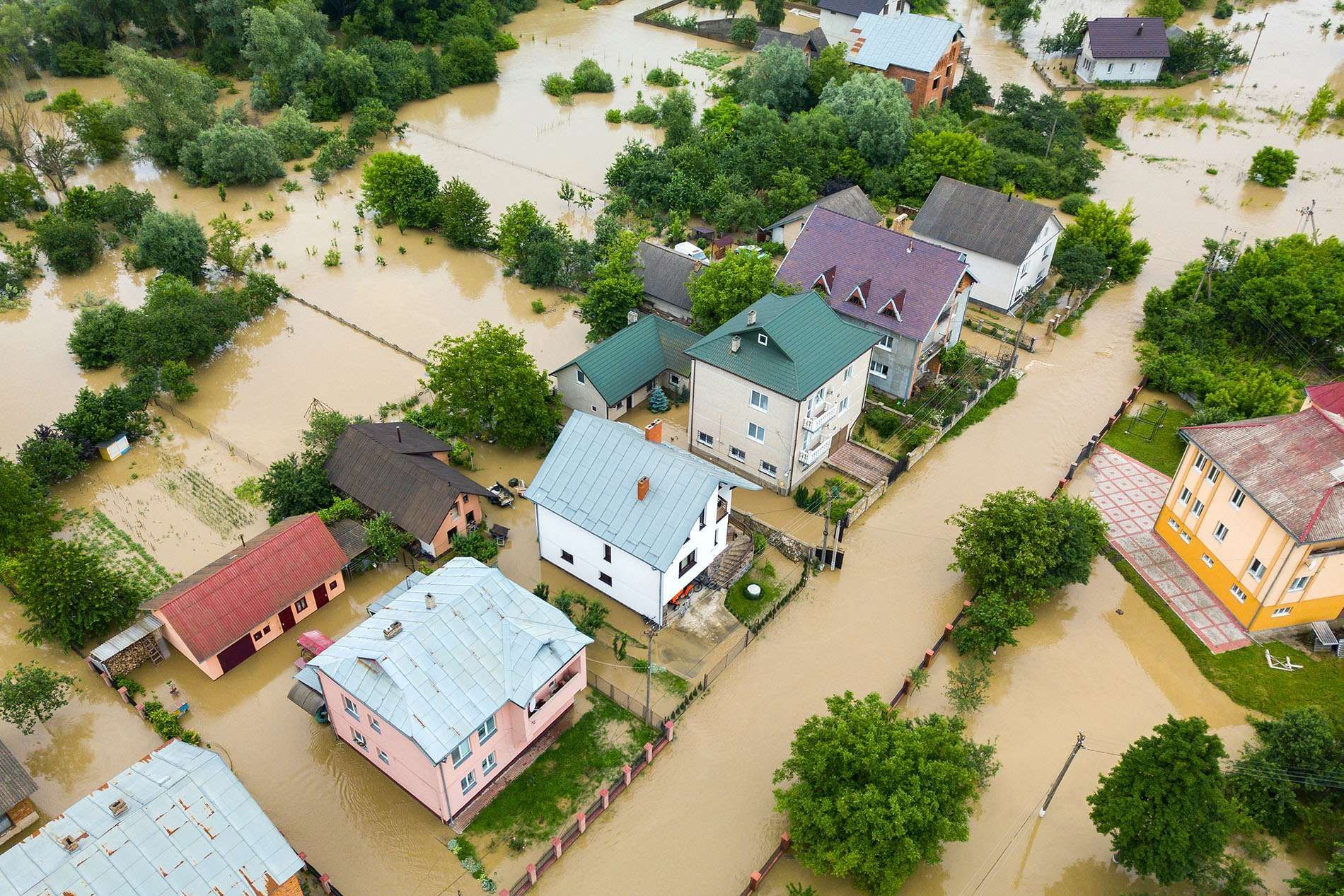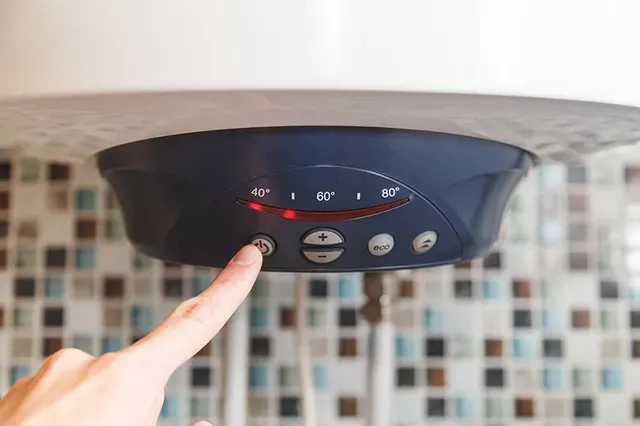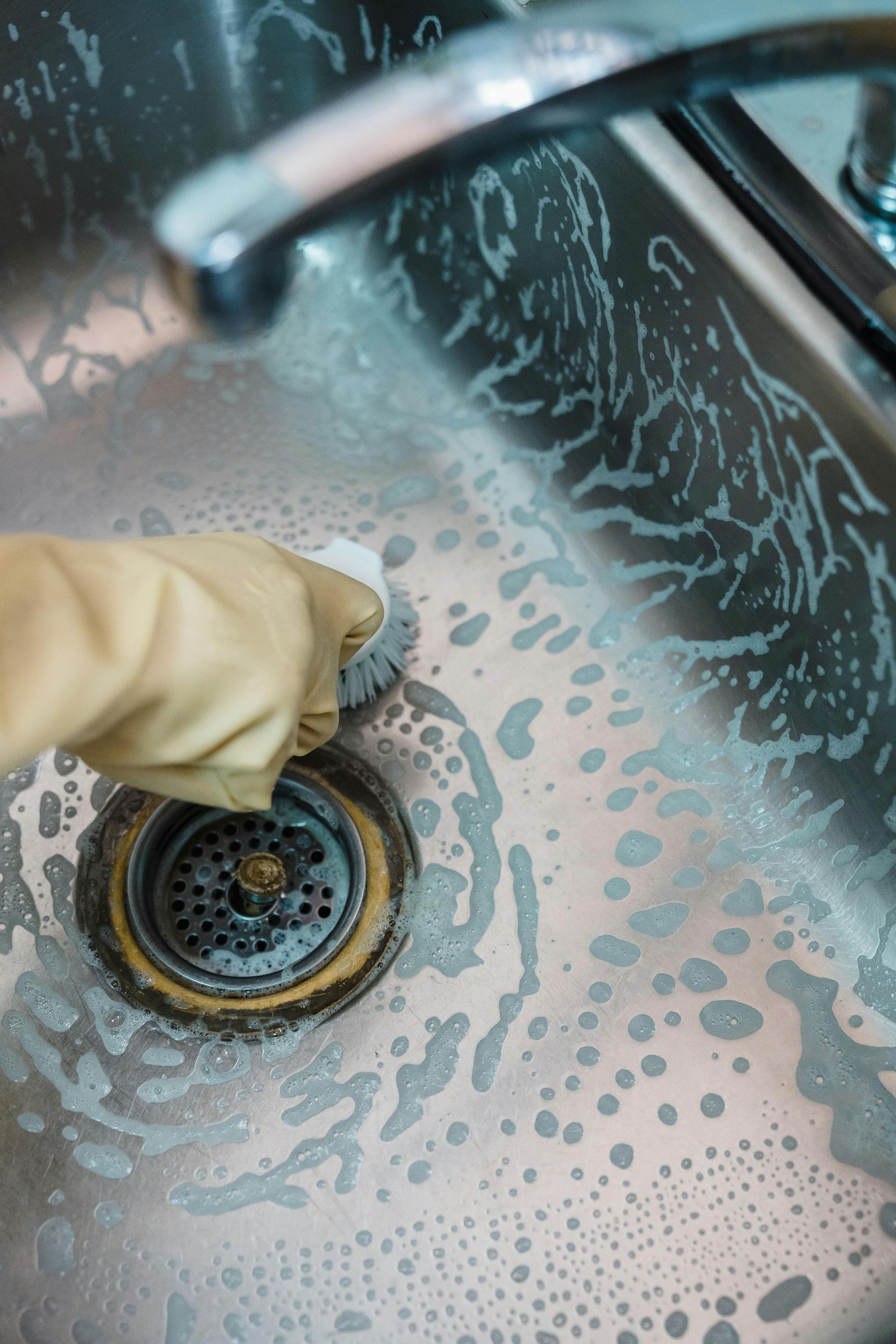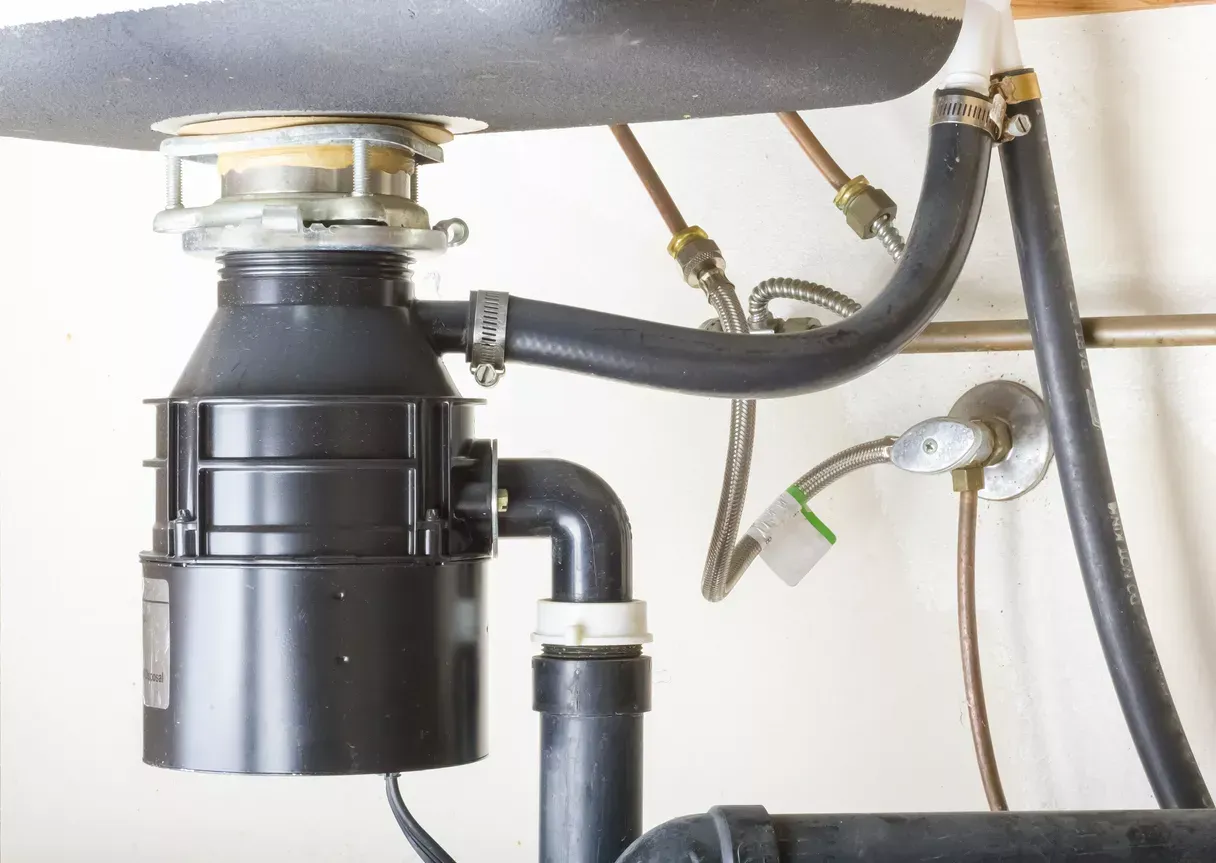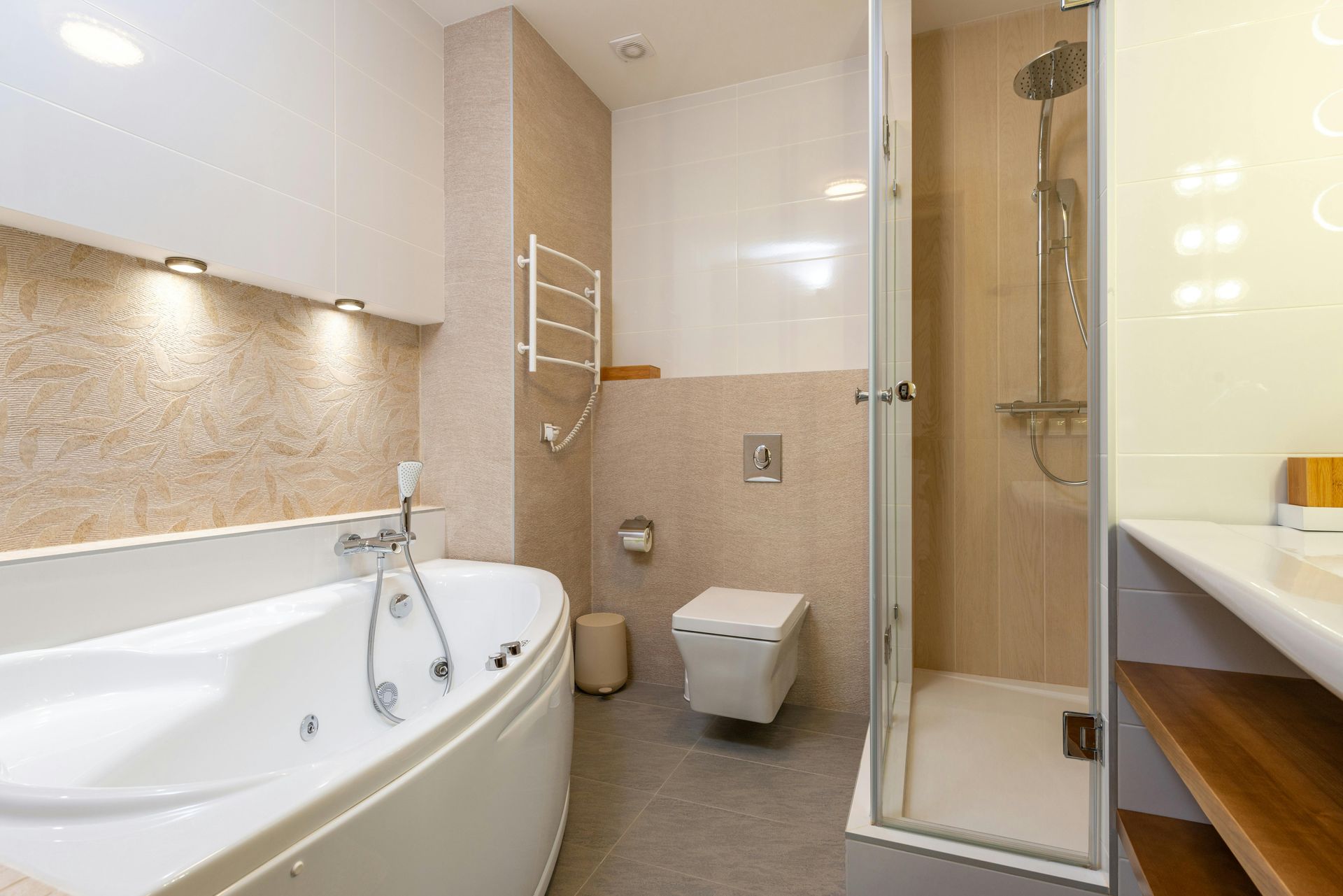Benefits of Regular Water Heater Maintenance
Hey there! Ever thought about giving your water heater a little TLC? Trust me, it's one of those things we often overlook until we're suddenly stuck with cold showers. Regular water heater maintenance isn’t just about avoiding those frigid wake-up calls; it comes with a bunch of other perks too. So, let’s dive in and see why keeping your water heater in top shape is totally worth it.
Common Water Heater Problems and Solutions
How to Choose the Right Water Heater for Your Home
Improved Efficiency
First up, let's talk efficiency. You know how your car runs smoother after an oil change? Your water heater is no different. Regular maintenance helps it operate at peak performance. Over time, sediment can build up at the bottom of the tank, making it harder for your water heater to do its job. By flushing and cleaning your water heater regularly, you ensure it heats water more efficiently, saving you both energy and money.
Cost Savings
Who doesn’t love saving money? When your water heater is running efficiently, it uses less energy, which means lower utility bills. Plus, regular maintenance can catch small issues before they turn into big, expensive problems. Think about it: would you rather pay a small fee for a routine check-up or shell out big bucks for a major repair or replacement? Regular maintenance keeps your wallet happy by preventing costly breakdowns.
Extended Lifespan
Let’s face it, water heaters aren’t cheap. So, wouldn’t it be nice if yours lasted as long as possible? Regular maintenance can significantly extend the life of your water heater. By checking and replacing the anode rod, you can prevent rust and corrosion inside the tank. This simple step can add years to your water heater’s lifespan, saving you from the hassle and expense of early replacement.
Consistent and Reliable Hot Water
There’s nothing worse than a surprise cold shower, right? Regular maintenance ensures you have a steady supply of hot water whenever you need it. By routinely inspecting your water heater, you can identify and fix issues like inconsistent water temperature before they become major annoyances. This means no more guessing if you’ll get hot water today – just reliable, comforting warmth every time you turn on the tap.
Safety Assurance
Safety first! Regular water heater maintenance isn’t just about comfort; it’s about keeping your home safe. Maintenance checks can help prevent potential hazards like leaks, pressure build-up, and even carbon monoxide leaks. By ensuring the pressure relief valve is functioning properly and checking for any signs of wear and tear, you can rest easy knowing your water heater is operating safely.
Maintaining Warranty
Did you know that skipping regular maintenance can void your water heater’s warranty? Most manufacturers require proof of routine maintenance to honor warranty claims. Keeping up with scheduled maintenance not only ensures your water heater is running smoothly but also keeps your warranty intact. Be sure to keep records of all maintenance work to avoid any warranty headaches down the line.
Eco-Friendly Benefits
If you’re looking to go green, regular water heater maintenance is a great place to start. An efficient water heater uses less energy, which is good for the planet and your wallet. By reducing your energy consumption, you’re also cutting down on your carbon footprint. Plus, a well-maintained water heater is less likely to end up in a landfill prematurely, contributing to a more sustainable future.
Conclusion
So, there you have it – the top benefits of regular water heater maintenance. From saving money to ensuring a reliable supply of hot water, taking care of your water heater is a smart move. Don’t wait for an emergency to start thinking about maintenance. Schedule those routine checks and enjoy the peace of mind that comes with a well-maintained water heater.


